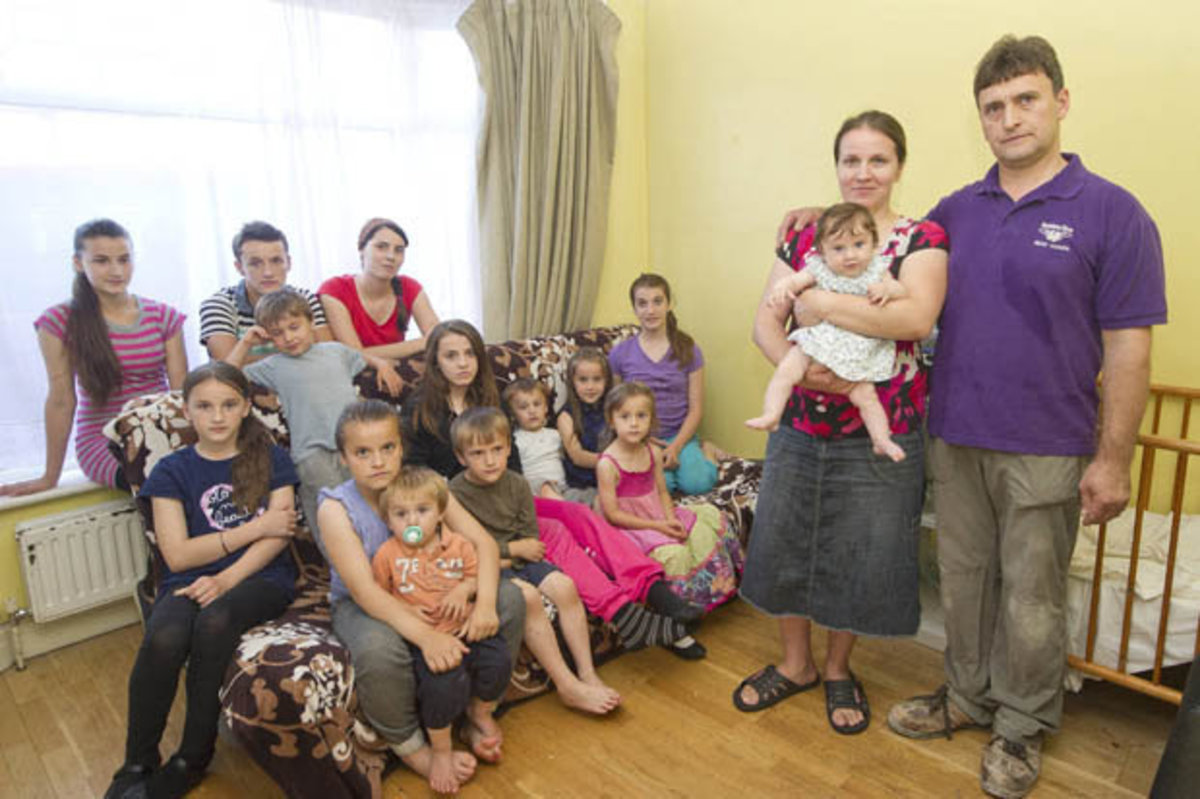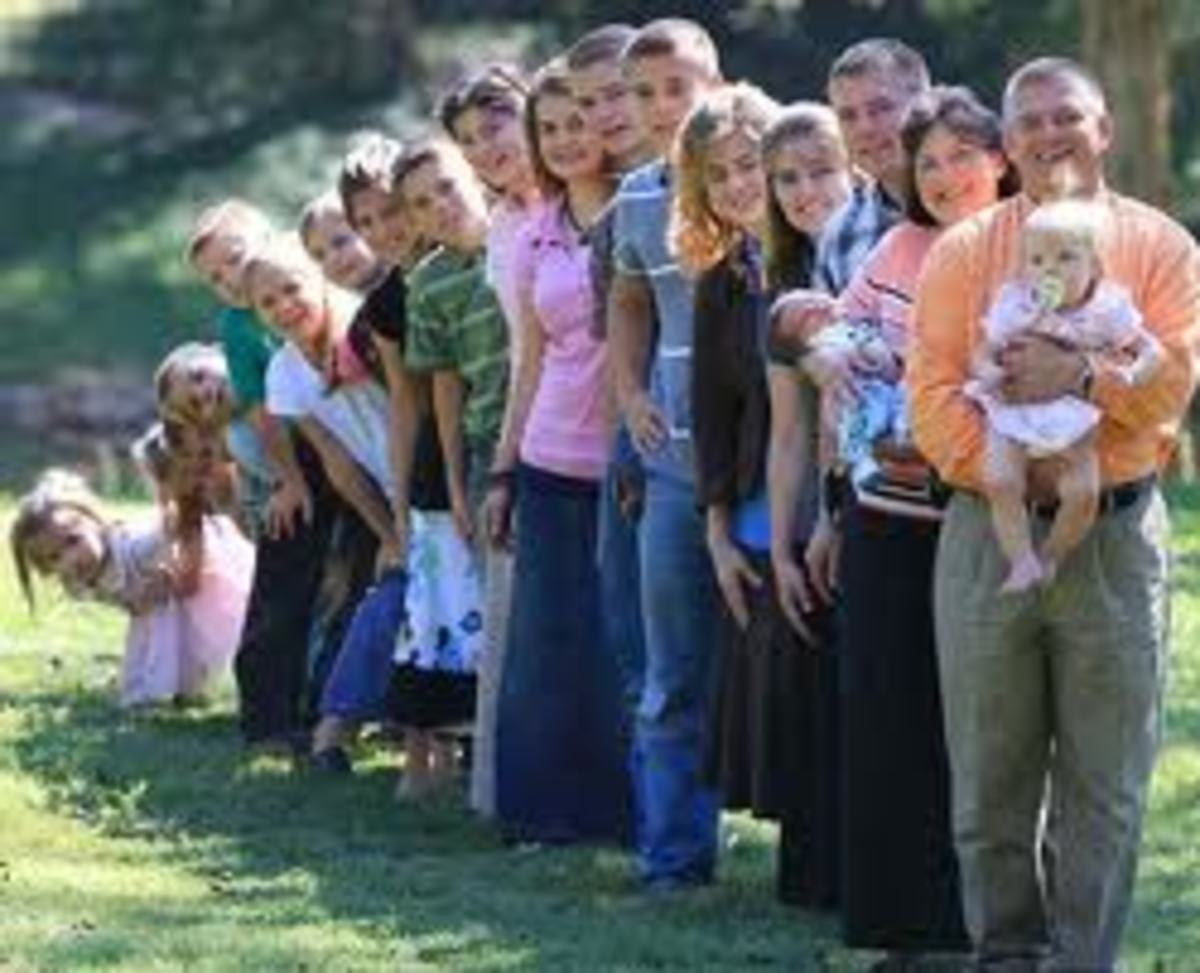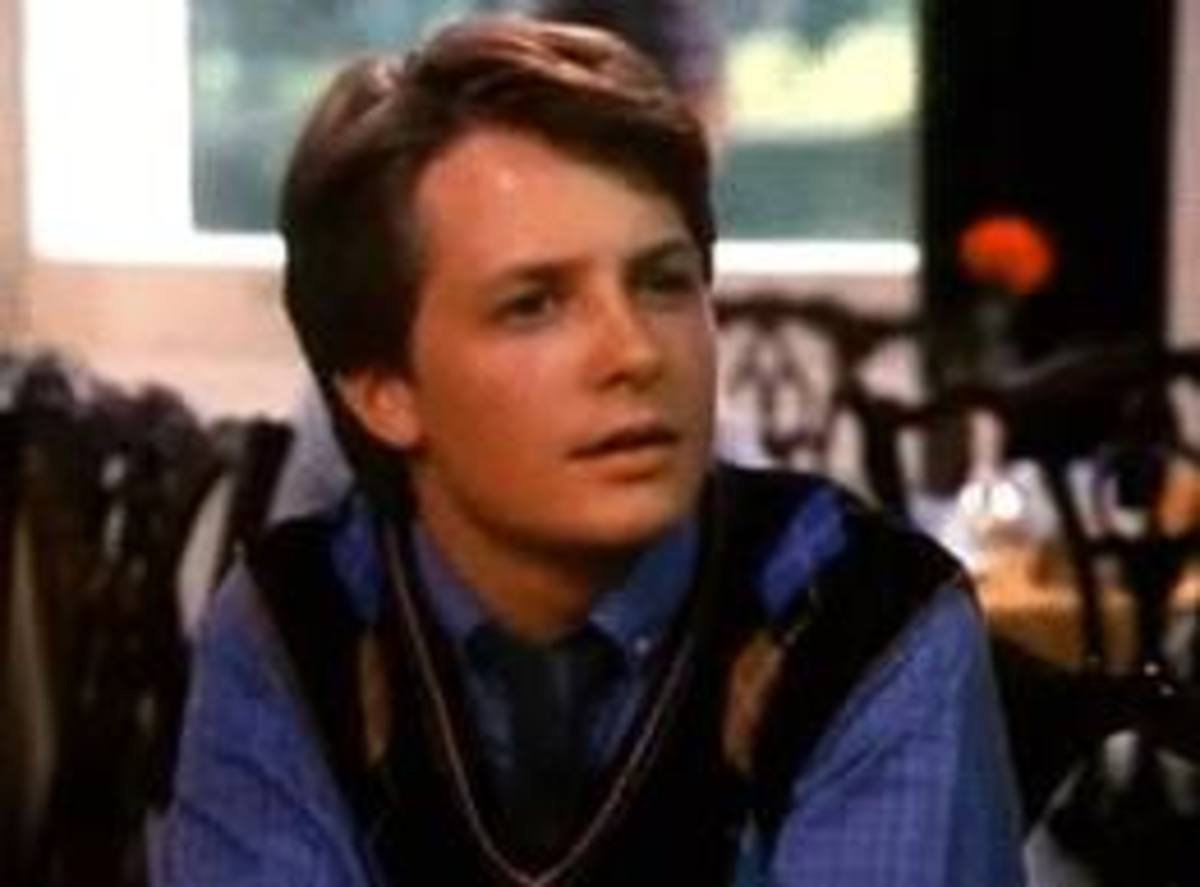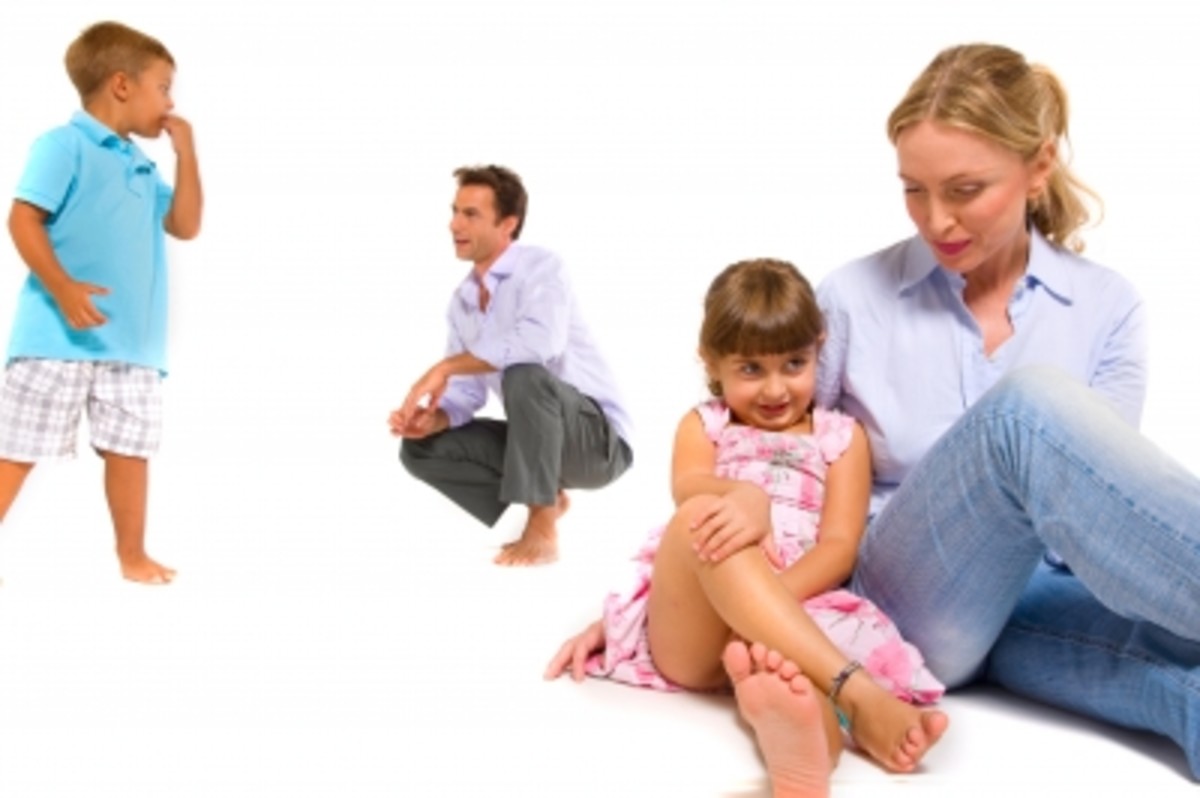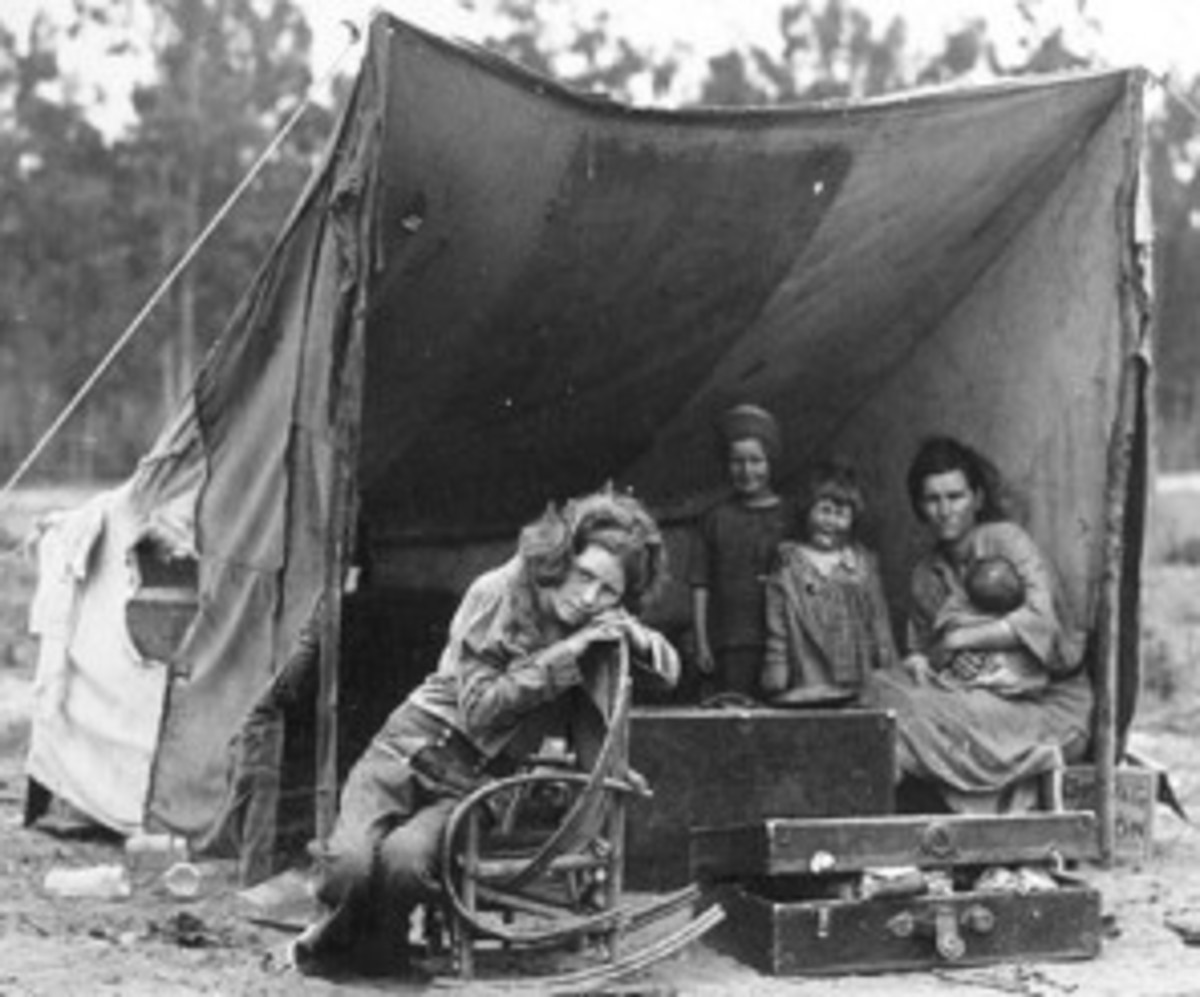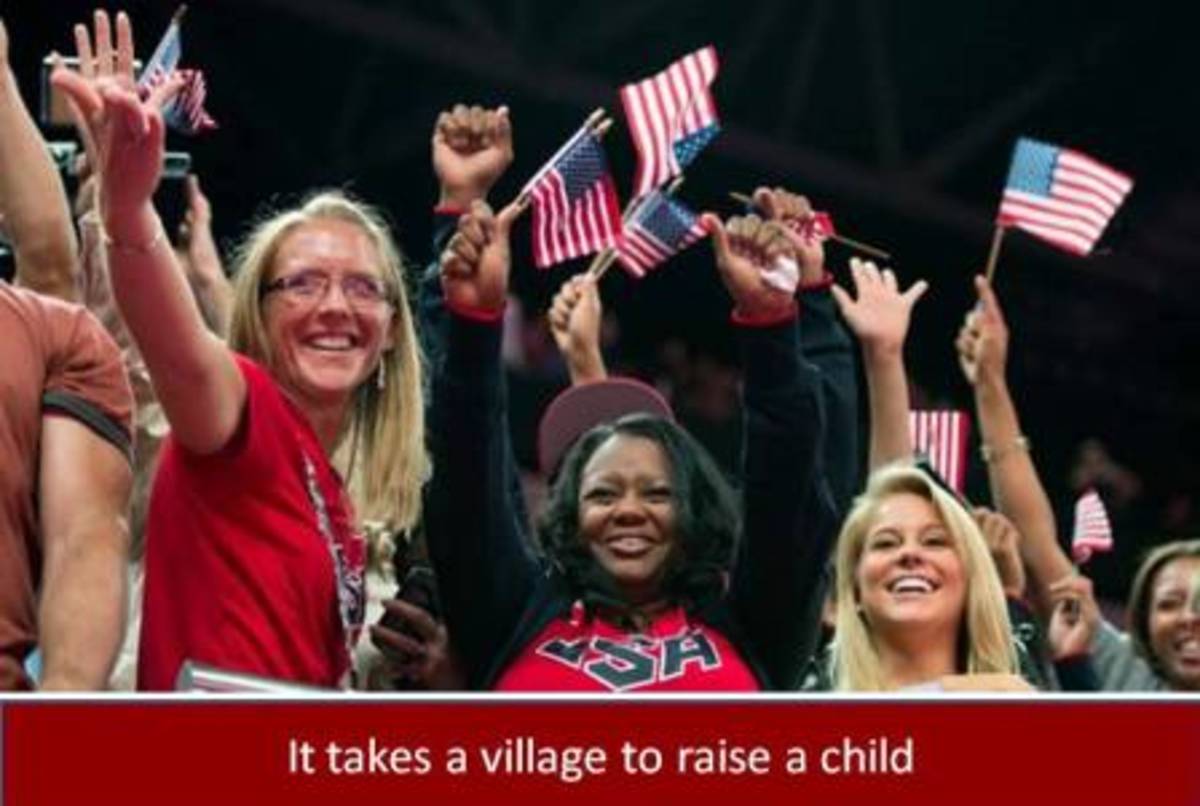Callous, Thoughtless, and Immature Parents-What Are They Thinking? They Obviously Do Not Care About Their Children
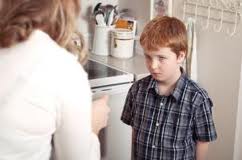

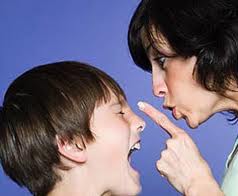

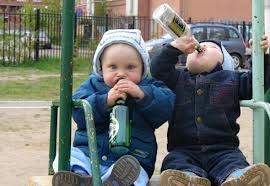


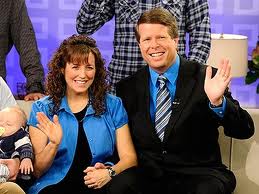

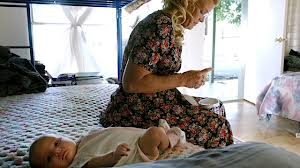
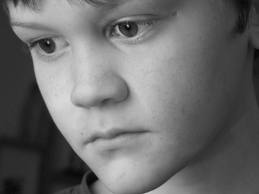
Types of Terrible and Abusive Parenting
Parenthood is a sacred and noble vocation.Being a parent is more than physically giving birth to children. Children are treasured jewels who need love and care. They need emotional, psychological, and financial security in order to grow up to functioning adults. Children need exposure of the higher human needs as well as the basic human needs in order to appreciate beauty and the finer things of life.
Children should be have the individualized attention of their parents. Children also need their own space and privacy in order to be whole. Children have to have a stress free childhood as possible to fully indulge their creative and intellectual needs. Children need constant love from their parents in order to feel secure and important. .Children need for their parents to respect them and to treat them humanely.
Many parents are enlightened and intelligent enough to realize that having children is a serious undertaking which must be planned for in order to financially and educationally provide for their children. They realize that their children are individualized human beings who should be accorded humane and loving treatment. They have the financial wherewithal to ascertain that their children are properly provided for. These parents also make sacrifices for their children and want their children who have a better life than they did. These parents do not overburden their children with too many responsibilities, believing that childhood is temporary and should be enjoyed.
These parents believe in family planning because they believe they can devote more financial, emotional, intellectual, and psychological resources to a reasonable number of children, providing them with a decent and high quality of life. These parents do not believe in the use of corporal punishment because spanking and other forms of corporal punishment are forms of violence and children who have corporal punishment administered to them only learn how to be violent and resentful of their parents. These parents also respect their children's individuality and allow their children to be themselves, not clones of their parents.
Now there are people who are unthinking, selfish(in a negative way), immature, and exhibit irresponsible and/or otherwise abusive behaviors. Many parents view parenthood as an opportunity for upmanship with their children. These parents do not view parenthood as a mature interchange and interfacing between parent and child. These parents view parenthood as an excuse to indulge their selfish and thoughtless habits regardless of the ramifications on their children.
Here are the types of terrible, thoughtless, and abusive parents.
1. Verbally abusive parents-parents who habitually call their children demeaning and pejorative names as if they are on the same level as their children. Mature parents treat their children with respect and never call their children names no matter how stressed out or angry they are. Verbally abusive parents are not adult but are children themselves.
Children are to be guided and to be treated with respect. When children do things that are annoying, it is best for parents to take time out and later talk to their children regarding the behavior. Children who are constantly called demeaning and pejorative names suffer a loss of self-esteem and lose initiative. They often become failures and low achievers in life.
2. Laissez faire parents-there are parents who are very uncomfortable with establishing core rules that are necessary for their children's safety and growth. These parents believe that children should be allowed to establish their own rules and learn from their own mistakes. Even though these parents believe that if they tell their children what to do, they would be seen as "strict" and/or "authoritarian" i.e. bad parents, their children end up to be undisciplined and are not able to adhere to basic rules and conduct of everyday life.
Children who have laissez faire parents often get involved in dangerous situations because their parents believe that decisions should be left up the children. However, very young children are not developmentally ready to make some decisions and parents are the adults. Adults are supposed to guide and protect children on their way to independent adulthood.
3. Authoritarian parents- these parents believe that their word is law. They are of the belief that children are the extensions of them, not individual beings, These parents further contend that their children should do as they say as long as they live with them. These parents have "written in stone" rules and regulations that their children must follow.
There is little give and take in the homes of authoritarian parents. Authoritarian parents maintain that since they are the parents, they have more experience and knowledge than their children and that their opinions do not matter. Children in authoritarian households are not allowed to have independent thoughts. Children of authoritarian parents are usually more prejudiced and parochial in thinking because they have been taught by their parents that there is one right and.or correct opinion and that any opinion that deviates from that is wrong.
a. Overcontrolling parents- these parents are a subset of authoritarian parents who believe that they know what is right for their children. These parents maintain that they want what is best for their children and they plan almost every facet of their lives. These parents usually believe that their children should chose the same or similar lifestyles, education, and career that they have.
These parents are often insecure and see independent children as a threat to their authority. Overcontrolling parents like their authoritarian counterparts believe that children are in a subordinate position in the family and that they are the bosses because they are parents and they know more.
4. Parents who force their religion and/or religious lifestyle on their children- There are parents who believe that just because they believe in a certain religious tenet , their children should do the same. I believe that children should be exposed to all religions and beliefs ; however, they should choose their religion or not of choice when they reach the age of reason.
Many religious parents are highly opinionated and believe that children have no right to choose a religion or be non-religious but spiritual. To such parents, this is horrible; however, when parents force religion on their children, the children usually rebel. Many children suffer deep psychological problems because their parents compel them to adopt the family religion even though it may be incompatible with their own philosophical and personal beliefs.
5. Parents who have children when they are in an economically dire situation-there are people who are financially unstable or even poor who have children. I am of the school that parents must be financially comfortable, have a well-paying job, and a bank account which can support a family. Being financially comfortable is essential in raising children.
Studies confirm that middle , upper middle, and upper income families experience more well-being and less stress than lower socioeconomic families who experience stress because of the daily cost of living. Money is a very necessary component in raising children. Middle, upper middle, and upper income children have access to better schools, foods, clothing, travel, cultural and intellectual events, and health/medical care than children from lower socioeconomic backgrounds. Many financially unstable parents inanely maintain that money is not love. Well, they are wrong. Being poor and .impoverished have deleterious consequences for children physically, psychologically, and intellectually.
6. Parents who have large to very large families-parents should have the amount of children that THEY can care for physically, emotionally, intellectually, and financially. People who have large to very large families usually are not equipped to raise their children. So what do they do? They usually force their oldest sibling/siblings to raise their younger siblings. This is wrong and abusive parenting.
Parents should raise their children, not have their children raise their younger siblings. My message to people who have large families: Look, YOU PARENTS had them so YOU raise them. If YOU are so stressed by the enormous number of the children you have, then YOU should not have so many children in the first place! Parents should realize that children are individual beings, not part of an anonymous group.
Well, many of these parents argue that they "LOVE" children. No, you do not because if you did, you would practice family planning in order to have the number of children that you can reasonably provide and care for in all aspects. People had large to very large families in more agrarian and rural times when children were needed to work farms. During those times, the more children the better because the work load would be much lighter when there were lots of helping hands.
However, when industrialization commenced and people started to move into cities, large to very large families were viewed as hindrances and liabilities because children cost monies to raise. So the increase in industrialization=small families because parents realized that they could provide for a smaller number of children more easily than they can for a larger number of children. In this day and age in the postindustrialized world, having large to very large families is viewed as a psychological disorder.
As people are becoming more educated, they realize that having large to very large families are detrimental in more ways than one. Children in large to very large families do not receive adequate parental attention. Children in large to very large families grow up poor and/or impoverished. They usually have the worst food, clothing, and little or no access to medical and dental care. They are not exposed to cultural and intellectual activities because their parents DO NOT have the money to provide these things for their children.
Large to very large families often have to depend upon outside sources such as charities and more affluent relatives to help them live at a barely subsistence level. Children growing up in large to very large families are often lost in the crowd, have no concept of privacy, and develop a poverty consciousness because they had to live from hand to mouth throughout their lives. Children from large to very large families become economically the poorest adults and they are the least educated adults in the population.
7. Parents who have children in their late teens and twenties- yes, there are a few people who elect to have children at the time they should be furthering their education so they can provide a better life for their children. I believe that people should have children in their thirties because at that time, they (hopefully) are established in their careers and comfortable in their individual personas which makes them better parents.
Parents who have children in their late teens and twenties are incomplete people. People in their late teens and twenties have not finished their educations, they have not experienced relationships, and they do not have a sustainable career. When very young people have children, they are often inept parents and need older relatives to help them take care of their children. Young parents often are not developmentally equipped to raise children because they do not have enough life experiences to be a parent!
Many young parents see their children as hindrances to their friends and social lives. Many young parents realize that they had their children so young much to their regret, realizing that they have missed opportunities to be young and carefree. As a result of this, young parents are often are angry at their children and they take out their frustrations on their children. Many children are abused physically by young parents who were not ready to be parents.
8. Parents who habitually use controlled substances- I am totally against hard alcohol drinking and using of drugs of any kind. Parents who habitually use controlled substances of any kind are not providing a stable home environment for their children.
They are often sporadic employees because their intake of controlled substances interfere with their livelihood. They are also poor parents because their love of and care for their children are inconsistent because of their drug habits. Children in such families often have no childhoods, taking on adult responsibilities before they are ready. Children in such families have so much stresses in their young lives that many are low achievers in school. Many times in such homes, children raise themselves because the parents are so involved in their controlled substances that they neglect their children's everyday needs.
9. Absentee parents-these are the parents who delegate the raising of their children to other people, whether it is other children, other relatives, and nannies. There are parents who are so overwhelmed by their lives that they are either unable or unwilling to assume their parental responsibilities. Many parents are in love with the theory of parenthood without realizing that the daily responsibilities of parenthood is vastly different than its theoretical aspects. Absentee parents fall into every family size, educational, and socioeconomic categories. Absentee parents are more in love with the theory of parenthood than its actuality.
Many absentee parents leave the raising of their children to other children in the family especially if they have mental/psychological problems, substance abuse problems, and/or have large to very large families. Younger absentee parents often have their parents and/or older relatives raise their children because they are not developmentally equipped to raise their children. Many times, parents leave their children for their parents to raise because there is a better paying job in another city, state, and/or country and they are absent for a while in order to make a better life for their family. However, this type of absentee parents are the exception, not the rule.
In more socioeconomically affluent households, many parents leave the raising of their children to paid nannies and au pairs in order to completely devote their lives to their careers or to other cultural, intellectual, or cultural pursuit. While I see nothing wrong with having a nanny and/or au pair care for your children-this is indefinitely better than having an older sibling/siblings raise other siblings, I believe that parents should also raise their children-they gave birth to them. Children with absentee parents do not have any respect for their parents and consider other caretakers to be the parent.
Children with absentee parents usually have problems with forming close relationships and have attachment issues. Many times children with absentee parents are often distrustful of many authority figures because they believe that they do not really care for them until the authority figure demonstrates the opposite. Children with absentee parents have low self esteem because they believe that if they were worthy, their parents would not have abandoned them.
In conclusion, the purpose of parenthood is to responsibly and intelligently guide your children to be self-sufficient and independent adults. Parenthood is not about upmanship-a parent is a loving guide, not a boss. Caring parents are financially, educationally, psychologically, and emotionally prepared to raise their children in a stable environment which provides their children with a sense of well-being and security. Caring parents respect their children's individuality and realize that they have the right to be their own persons. Caring parents are never abusive to their children, realizing that children deserve respectful treatment if they, as parents, also wish to be respected.
However, there are parents who are uncaring and abusive in terms of having children. These parents often see their children as possessions and non-entities to treat anyway that the parent sees fits. These parents oftentimes raise their children in unstable economic and social environments with deleterious ramifications for their children. There are parents who were not ready and/or cannot reasonably afford to have children nevertheless they elect to have children for their selfish reasons.
Only thoughtless, unthinking, and unconcerned parents insist on prolifically reproducing children regardless of the economic and psychological costs to their children. There are parents who are either too immature and/or narcissistic who believe that raising children interfere with their lives and have older relatives or paid help to raise their children, instead of taking the responsibility. However, these are the same people who INSIST that they have the RIGHT to have children. I am sorry, parenthood is a privilege, not a right.

